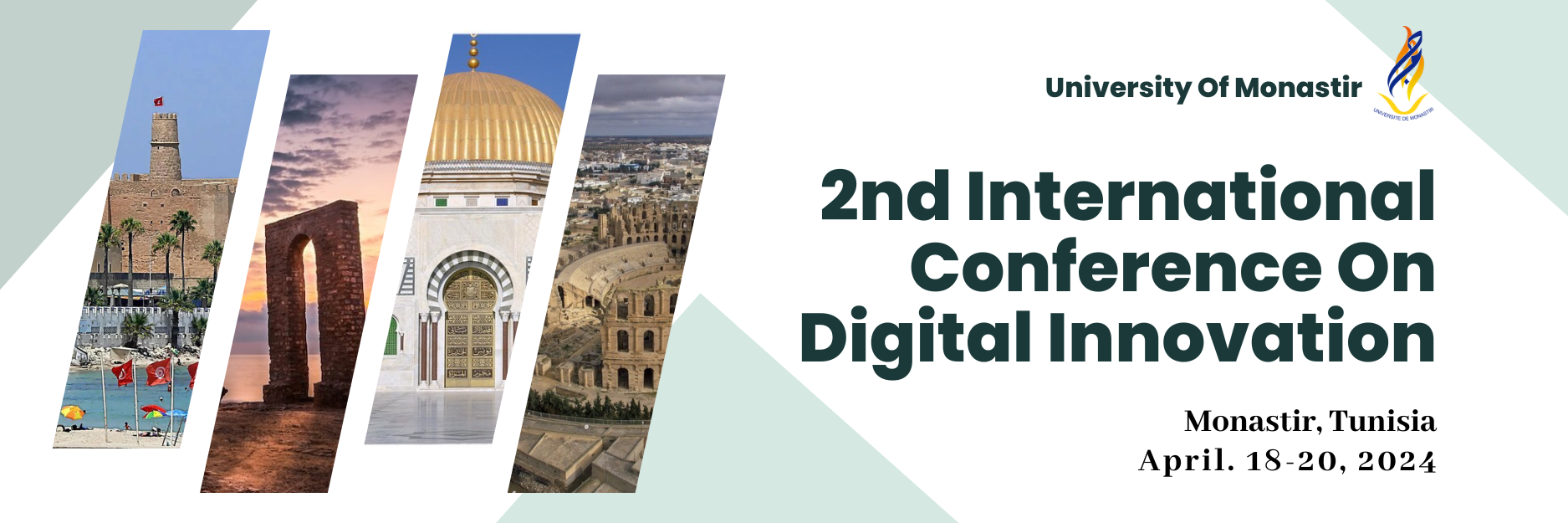
|
|
|
Aims and ScopeAt the International Conference on Digital Innovation, renowned experts in the domain will deliver keynote speeches to share their thoughts and forecasts on the forthcoming advancements in digital innovation. The event will also host panel discussions and paper presentations on several focal points. ICDI aims to cover an extensive array of subjects and challenges, encompassing but not restricted to the following topics. Scope 1 : E-Science & Engineering E-Science and Engineering refer to the use of advanced computing and communication technologies to support scientific research and collaboration. E-Science aims to facilitate the sharing of data, knowledge, and resources among researchers and institutions around the world. It involves the use of high-performance computing, advanced data storage and management, and network infrastructure to enable large-scale data analysis, modeling, and simulation. It also involves the development of digital tools and platforms for sharing data, collaborating on research, and disseminating scientific findings.
Scope 2 : E-Health & Biology E-Health refers to the use of digital technologies and electronic communication tools in healthcare. It encompasses a wide range of applications and services, such as electronic medical records, telemedicine, health information exchange, mobile health, and wearable devices. The goal of e-health is to improve the efficiency and effectiveness of healthcare delivery, as well as to enhance the patient experience and outcomes. E-health technologies can help healthcare providers to access and share patient data more easily, collaborate with colleagues across different locations, and monitor patients remotely. Patients can also use e-health tools to manage their own health, access health information, and communicate with their healthcare providers more easily.
Scope 3 : E-Arts & E-Humanities E-Arts refers to the use of digital technology and electronic media in artistic expression and creation. E-Arts encompasses a broad range of artistic disciplines, including digital music, film, animation, graphic design, and interactive media. E-Arts allows artists to create and distribute their work in new and innovative ways, using digital tools and platforms to reach broader audiences and collaborate with other artists around the world. It also enables new forms of artistic expression, such as virtual and augmented reality experiences, and allows for the integration of traditional artistic mediums with digital technologies. E-Humanities refers to the use of digital technology and computational methods in the study and analysis of human culture and history. E-Humanities involves the use of digital tools and platforms to digitize and analyze cultural artifacts, such as texts, images, and sound recordings, and to explore new ways of understanding and interpreting human culture and history. E-Arts and E-Humanities represent exciting new frontiers in artistic expression and scholarly research, allowing artists and scholars to leverage the power of digital technology and electronic media to push the boundaries of their respective fields.
Scope 4 : E-Economy E-Economy is the use of digital technologies and electronic communication to facilitate economic activity and transactions. The E-Economy encompasses a broad range of activities, including e-commerce, online banking, digital payments, and other digital financial services. The E-Economy has enabled new business models and revenue streams, such as subscription-based services, online marketplaces, and sharing economy platforms. It has also facilitated the growth of new industries, such as fintech and digital advertising. Overall, the E-Economy has the potential to drive innovation, productivity, and economic growth, but it also presents challenges related to privacy, security, and the digital divide.
|

